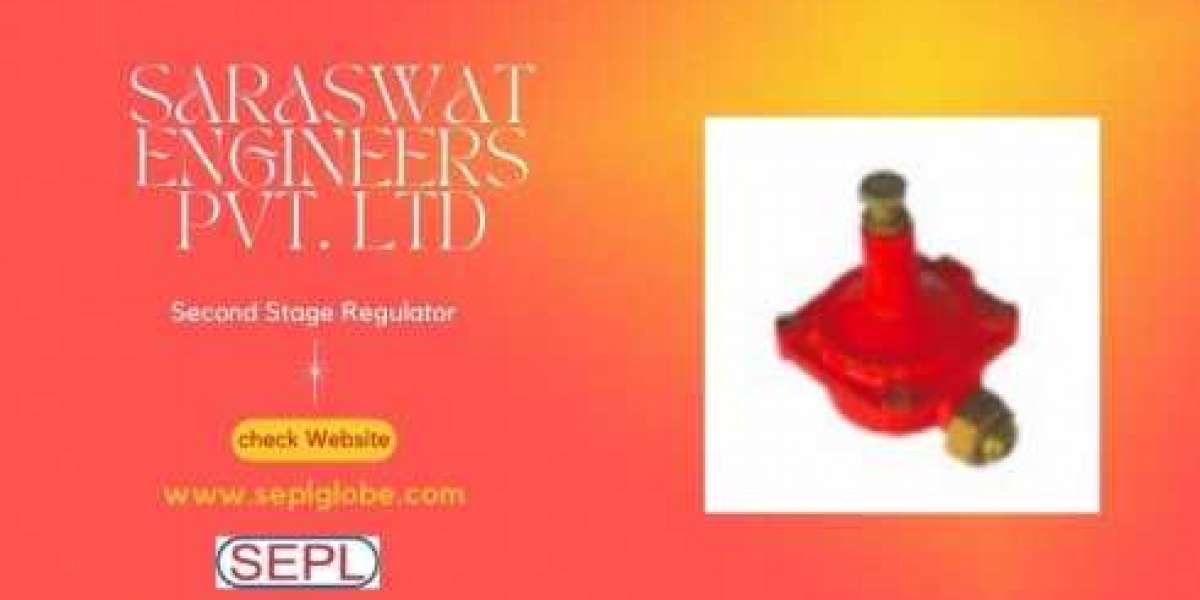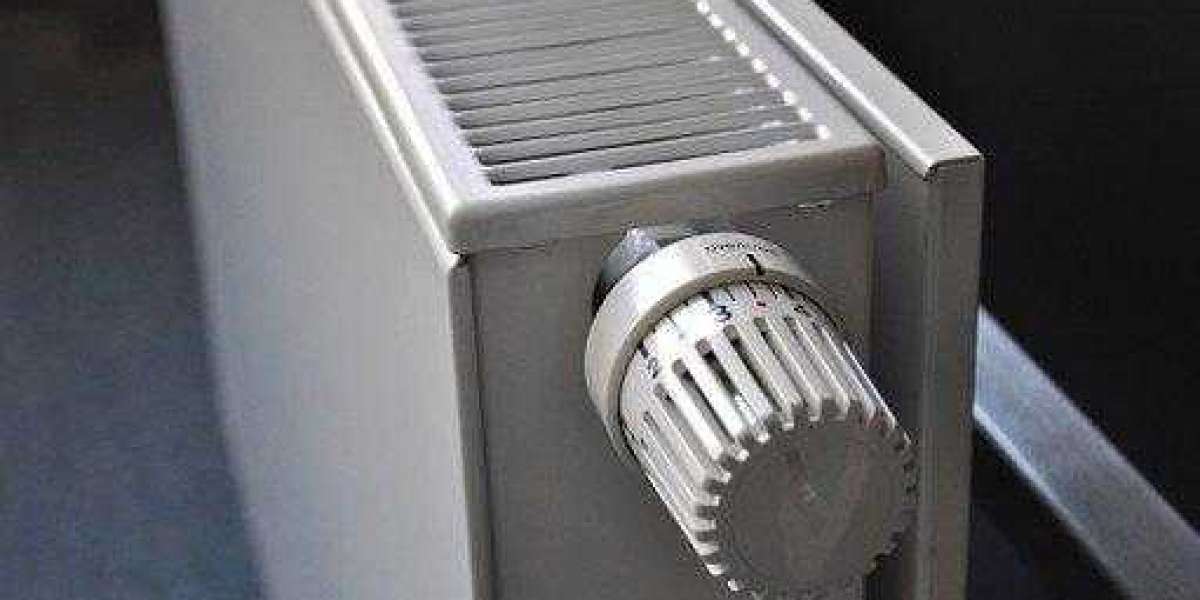The effective management of gas pressure is essential for many applications and industries, since it may have a significant impact on equipment performance and safety. A second stage regulator plays a crucial role in ensuring the secure and dependable operation of a variety of devices in this situation.
Read on to know how second stage regulators impact dependability and safety in various industries.
Industrial Applications
Compressed gases are frequently used in sectors including manufacturing, construction, and welding. These gases, however, frequently originate from high-pressure sources that, if improperly controlled, might pose a risk. By serving as a barrier between the high-pressure source and the machinery, second stage regulators lower the pressure to a level appropriate for secure operation.
This lessens the risk of mishaps brought on by pressure fluctuations, leaks, or defective machinery.
Medical and Healthcare
Precision and dependability are crucial in medical settings. A 2nd stage regulator is essential in making sure that medical gases, such as oxygen and anaesthesia gases, are given to different medical equipment at the proper pressure. This is essential for the security of the patient and the precise delivery of medical care.
In addition to preserving the equipment's integrity, second stage regulators also protect the health of the patients.
Laboratory Environments
Whether for chemical processes or analytical instruments, research facilities frequently work with gases that need precise pressure management. The capacity of a second stage regulator to produce stable pressure aids in the achievement of precise and repeatable outcomes.
The stability that these regulators offer improves the standard of experiments and the accuracy of results.
Defence and Aerospace
Second-stage regulators are crucial in the aerospace and defence industries, where tight standards and performance requirements are required. Maintaining a constant gas pressure is essential for the most effective performance, whether it be for defence equipment, propulsion engines, or aviation systems.
These systems are dependably maintained even in the face of harsh circumstances thanks to second stage regulators.
Energy and Utilities
Gases are used in the energy industry for many operations, including power production and natural gas distribution. The effectiveness of these operations can be impacted and safety might be jeopardised by fluctuating gas pressures.
By stabilising gas pressure, second stage regulators promote reliable operation and lower the possibility of accidents in crucial energy facilities.
Ability to Adapt to Gas Sources
Different gases, each with distinct pressure requirements, are needed for various uses. It is possible to develop and tune second-stage regulators to handle a variety of gases, assuring compatibility with various gas sources. These regulators are more adaptable, which increases their versatility and makes them useful tools in a variety of sectors.
Innovation and Technological Advances
Second-stage regulators are expanding to include features like digital pressure monitoring, remote control, and data logging as technology progresses. These improvements to its functioning increase its ability to meet contemporary needs and ensure compatibility with new technology.
Conclusion
In addition to being practical, second stage regulators are essential for upholding safety and dependability in a variety of applications. Second-stage regulators offer a layer of control that is essential for anything from safeguarding proper medical treatments to increasing research outputs and averting catastrophes in industrial settings.
They are a crucial component in sectors where precision and safety are of utmost importance because of their capacity to control pressure, lower hazards, and lengthen the equipment's lifespan.





